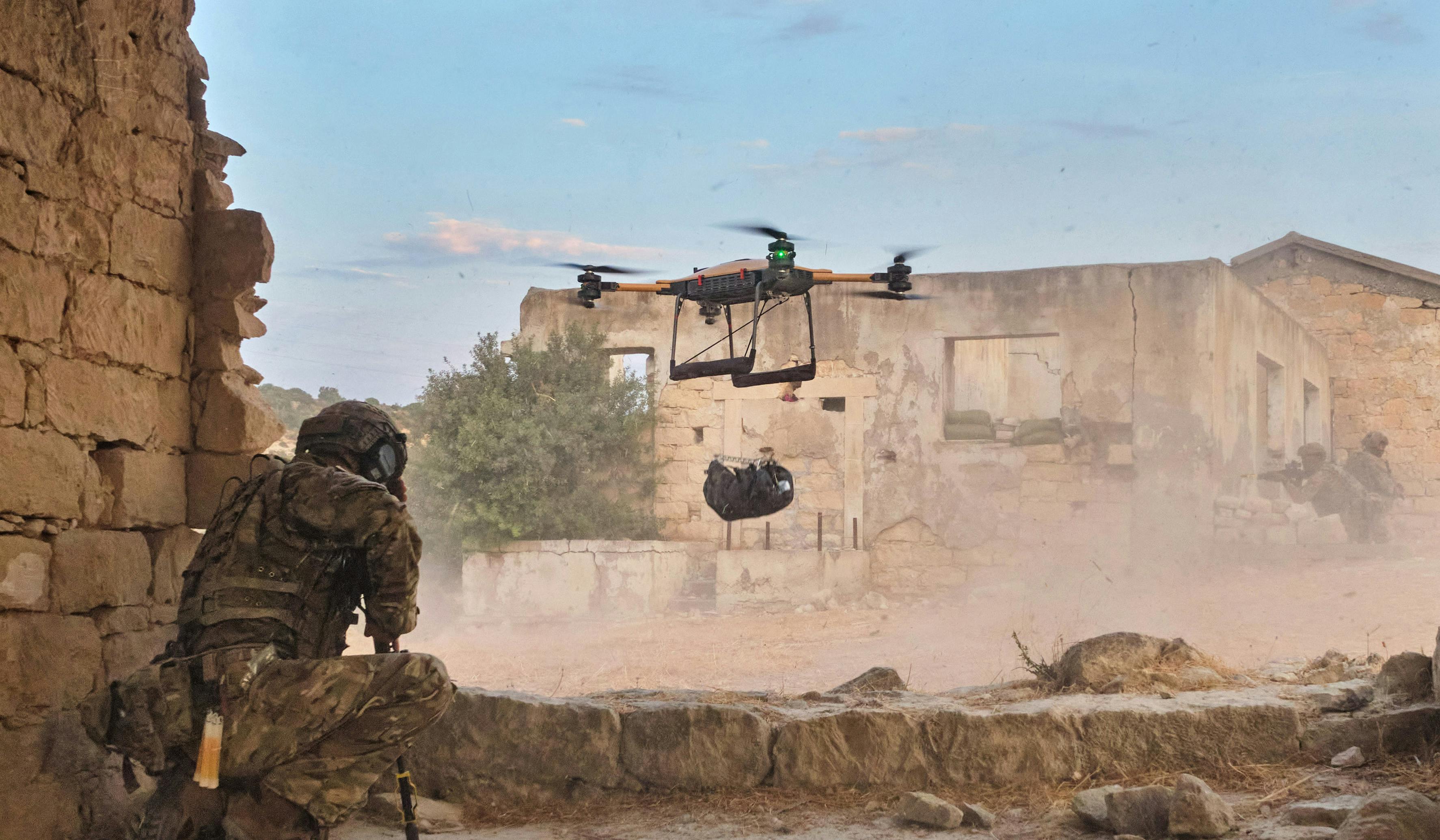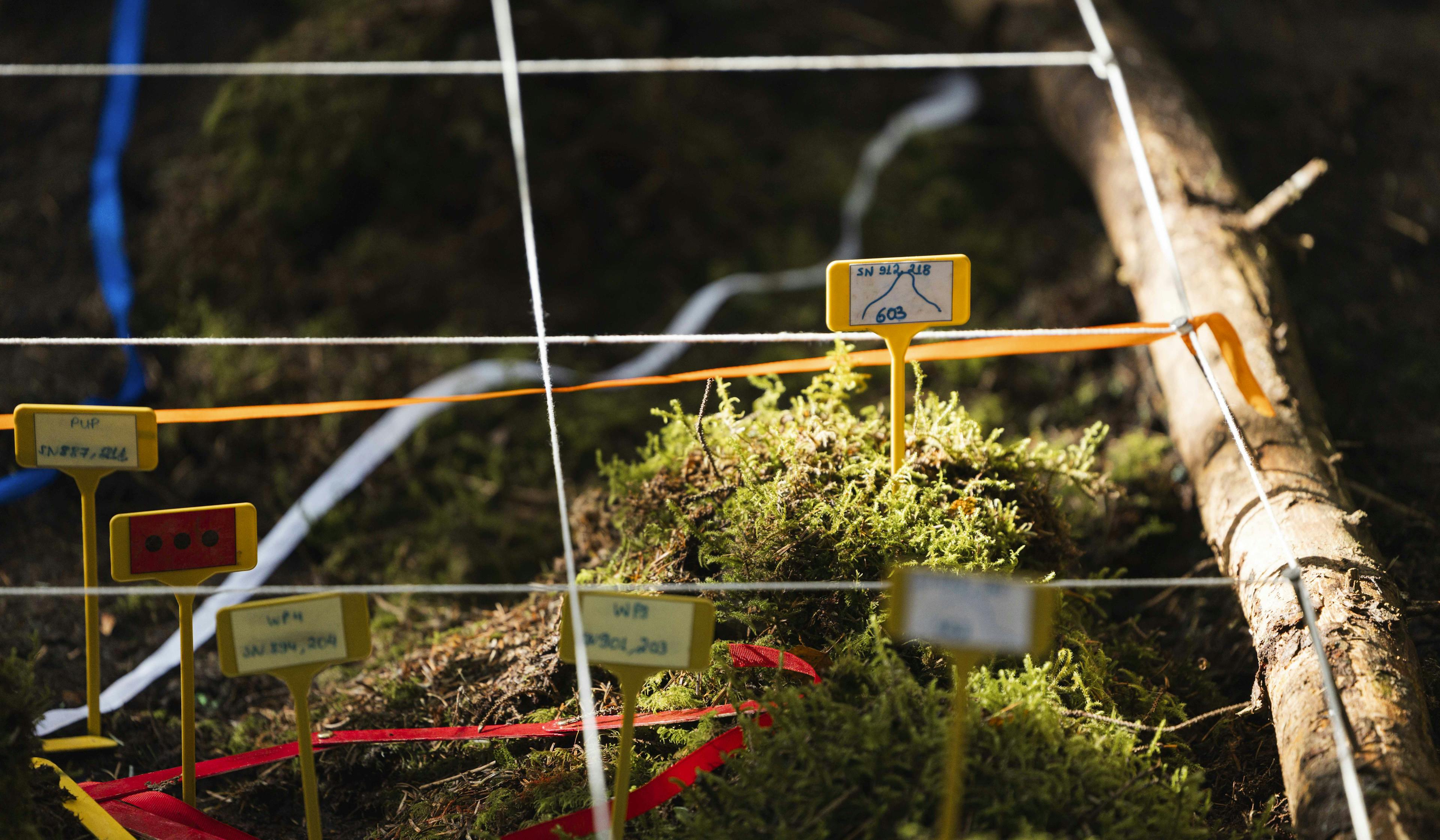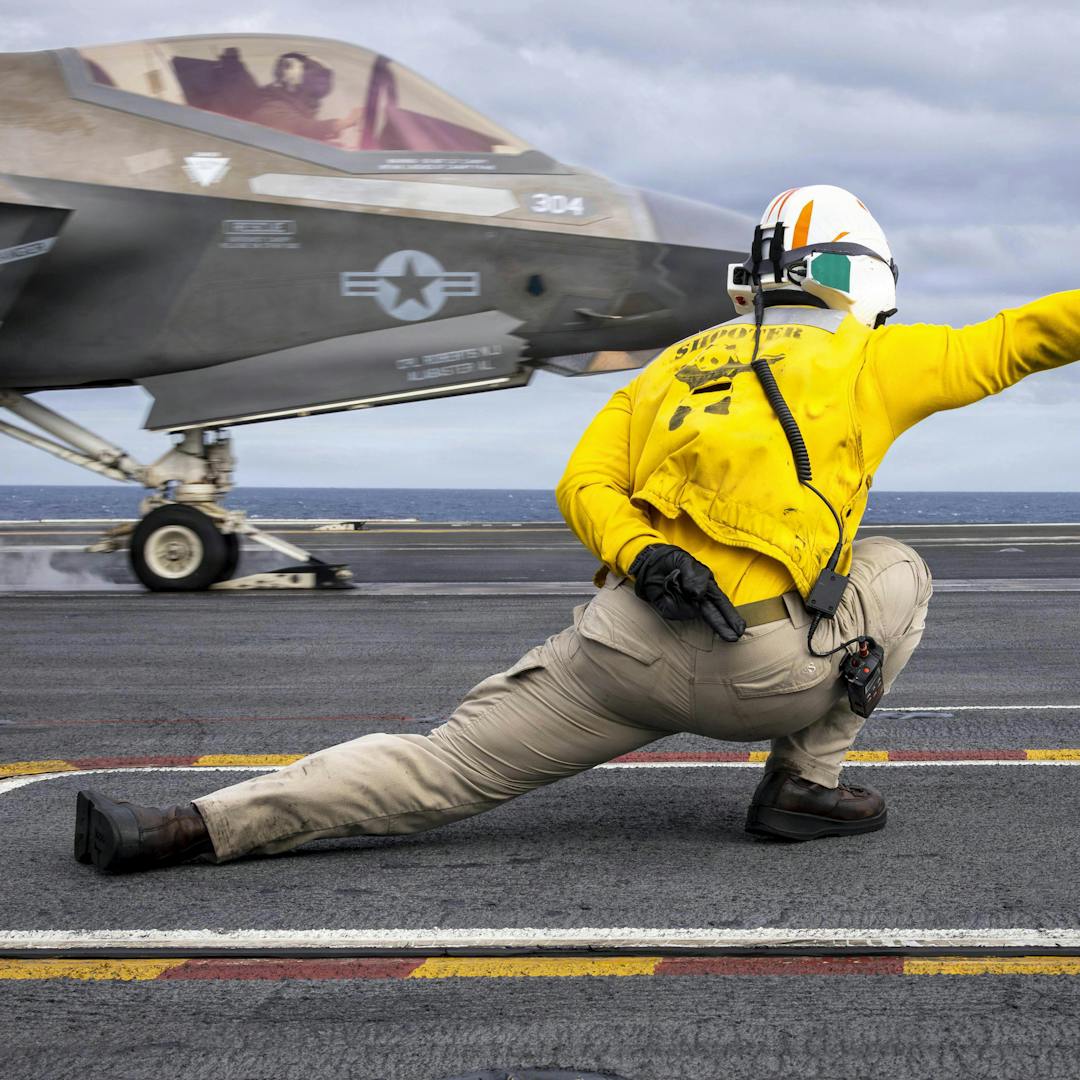Back to news & insights
A canny take on CDS’ first speech: collaboration, unlocking potential and empowering individuals
The last year has seen a clear recognition that technology and innovation must play a central role in defence.

Last week, the UK’s new Chief of the Defence Staff, Admiral Sir Tony Radakin KCB ADC, gave his first public speech to the Royal United Services Institute, in which he outlined his view on key challenges and priorities for the Ministry of Defence (MOD).
While he did not focus on the role of technology and innovation, the opportunities and threats posed by them were implicit throughout.
He emphasised that we face a complex and dangerous global environment, comparable to the Cold War, as democracies and autocracies confront each other. Yet, while he used the Cold War analogy, Admiral Radakin also noted that we are closer to Kissinger’s view of co-evolution or, for my scientific brain, ‘each action eliciting an equal and opposite reaction’, rather than in a static stand-off.
“We co-operate, we contest and we even confront. But frequently we are doing all at the same time, in the same place and even with the same state.”
In the Cold War, reliance was on nuclear weapons to offset Russia’s strength in numbers. In the ’70s it was a reliance on technological superiority. The 2010s highlighted the ability for non-state adversaries to adopt cheap and emerging technologies quickly with little thought to risk, much to their advantage in the midst of a slow-moving MOD.
Once an exclusive capability of Western militaries, specialist and deadly technology can now be developed quickly by anyone, with good or bad motivations. Today’s arms race is not so much about might and size but instead about the speed and delivery of capability to outpace our ‘diligence-free’ adversaries, all while maintaining a moral high ground. It’s no longer just an issue of resources but one of mentality and creation of the right incubation environment; the advantage is gained in the speed and reliability with which new technology can be developed and deployed.
Delivery, delivery, delivery
CDS recognises that a change in approach is the only way to win this race, especially given the need to modernise what they already have, at the same time as exploiting emerging technologies.
The first change is clear from the increase in budgets and strategic intent laid out in the Integrated Review. This will go a long way to addressing the challenge of delivering.
Coming into the role with the strategy and budgets in place, Admiral Radakin’s clear focus is the “delivery, delivery, delivery” of a modern and proactive armed force, at a far increased pace - no simple task. Being forced to deliver more quickly usually leads to the avoidance of risks associated with emerging technology, favouring tried-and-tested solutions.
Letting others in
So how does he propose to do it? By “transforming, reforming and integrating” to streamline structure and processes. Done well, I see this as a move to foster greater collaboration, sharing knowledge and technology to accelerate capability. It should not just be limited to the internal workings of the MOD. Instead, collaboration must extend to industry, especially SMEs and those innovating outside of defence, as well as taking advantage of more “active and engaged” armed forces around the world, to learn and partner where appropriate.
There are some brilliant SMEs in defence, some of which we have the privilege to work with and, therefore, see the potential applications of their technology. But we cannot expect them to develop brilliant solutions when only understanding half the problem they are trying to solve. A new approach to collaborating must avoid the tendency of one-way hoovering of innovation from these sources, and instead enact a two-way sharing to give these groups a clearer idea of what’s needed. With knowledge, you will see the most brilliant and innovative companies respond with gusto, solving a significant part of Radakin’s problem of delivery in one clear effort.
The leap forward this requires in terms of managing risk is undeniable. Radakin notes that this means a whole new appreciation for the role, people and culture of the MOD and armed forces.
Unlocking potential and empowering individuals, in my mind, has to be the single most important way to achieve a step-change in delivery. In CDS’ own words, “We have to overcome our risk aversion that dominates when we are in the business space and infuse some of the confidence in risk taking we always have when we are on operations.”
If this sentiment alone can be delivered upon, then I am cautiously optimistic that he will succeed. I promise to do my bit in making sure the MOD, armed forces and its supply chain hear all about the brilliant and innovative companies we have the privilege to work with.
More news & insights

She's the Expert
Last updated: February 2026

Part 2 - While Whitehall reorganises, what should defence companies actually do?
Last updated: January 2026

Part 1 - When rebranding could cost £100 million: What America's "Department of War" teaches us about defence communication
Last updated: January 2026